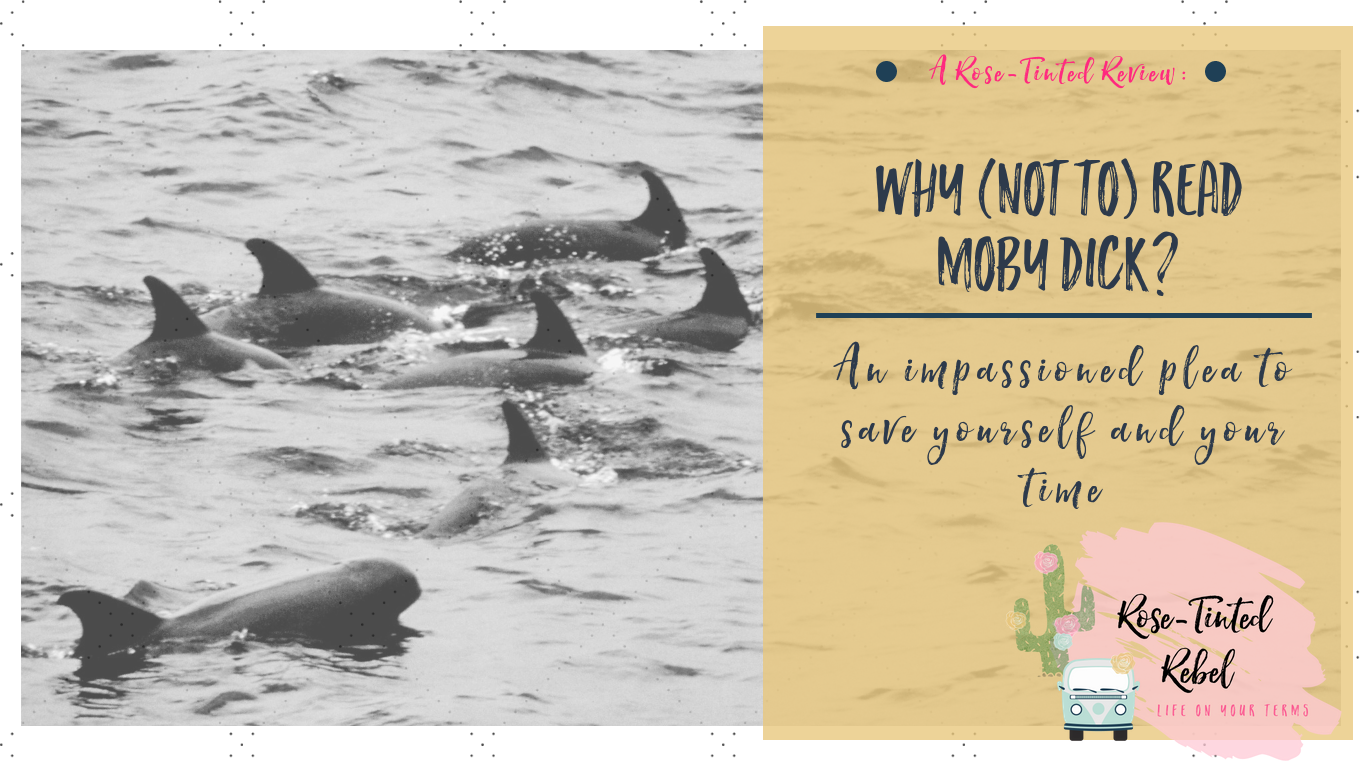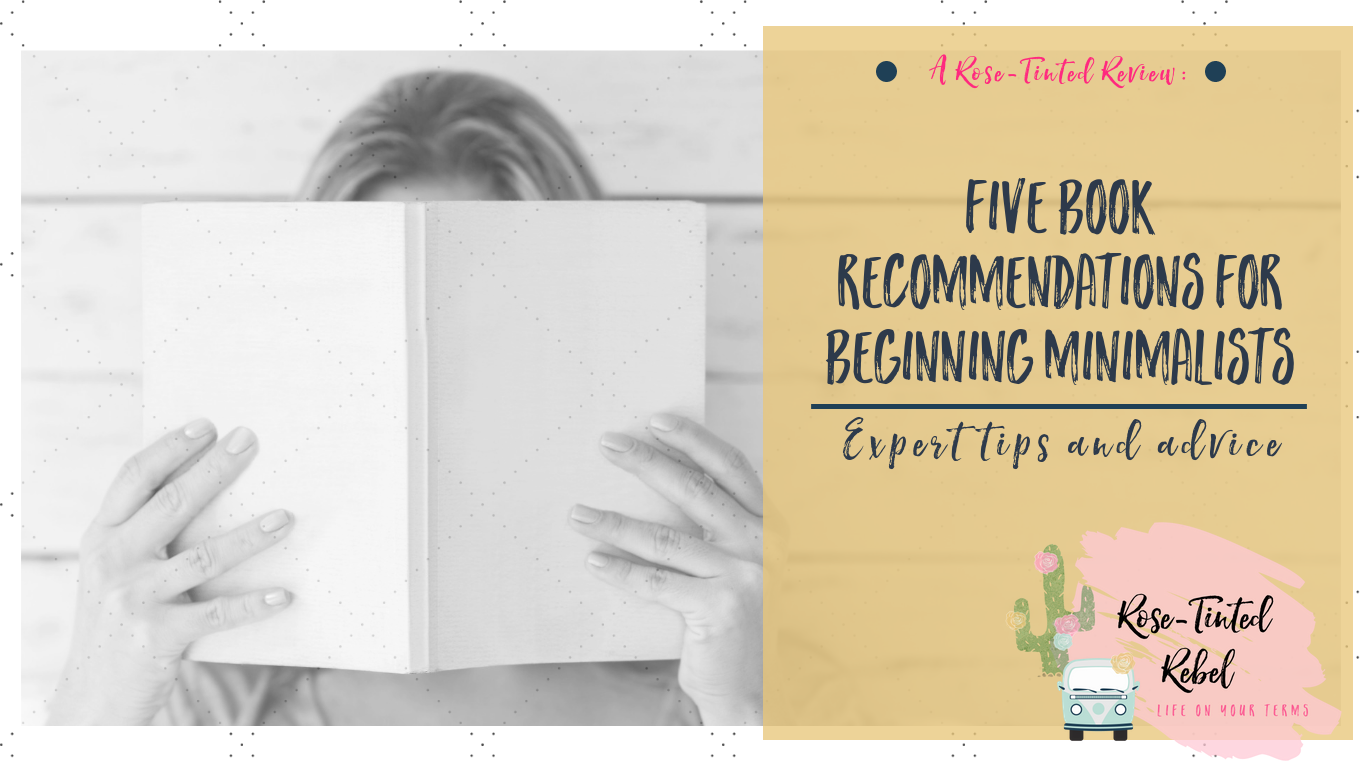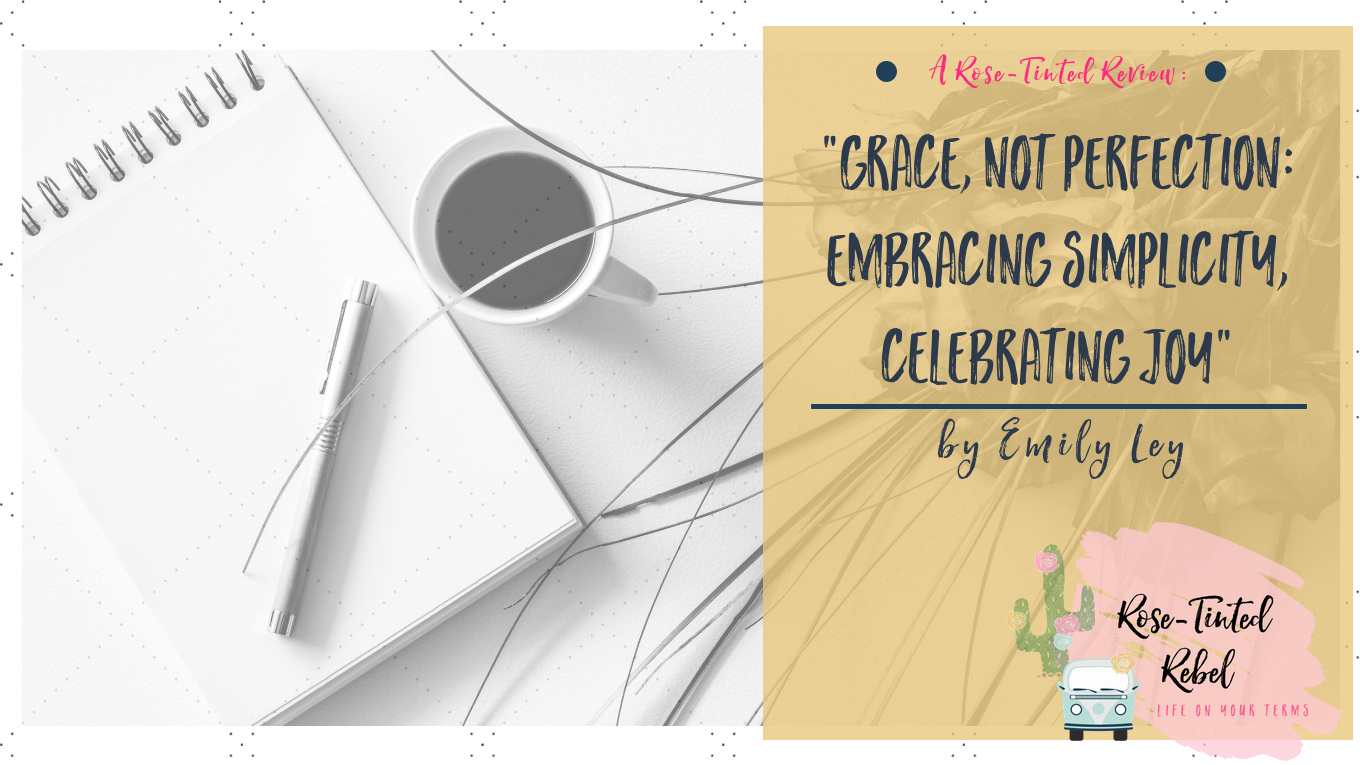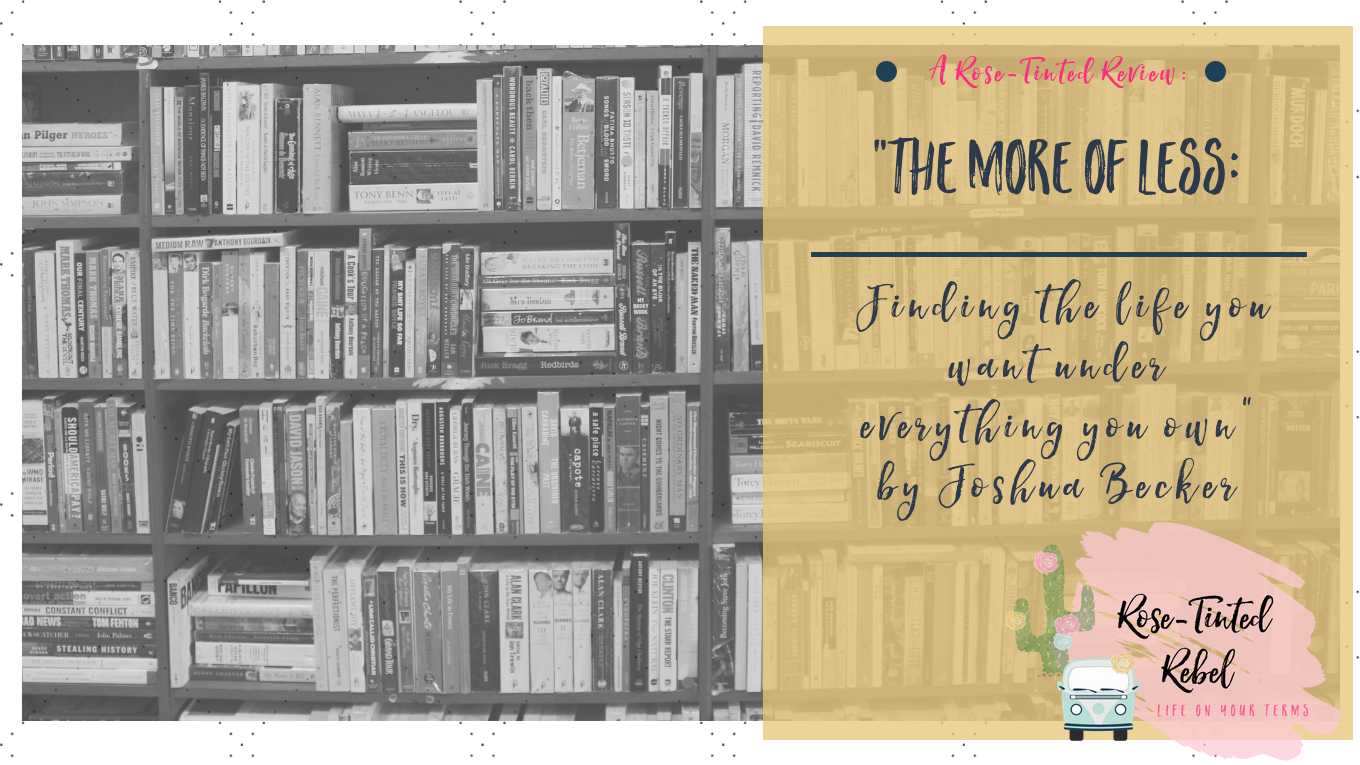I know this title may shock you. It shocks me a little too. As a lover of books, I don’t think I’ve ever tried to prevent someone from reading a book before. But now, the time has come.
I’ve been working my way through my 30 before 30 list in advance of my thirtieth birthday approaching this May. While I wait impatiently for Wisconsin to warm up somewhat before I tackle a few weather-dependent tasks, I’m crossing off items that can be done while safely curled up indoors. One of those items: Read Moby Dick.
I’ve tried (and failed miserably) to read this book twice before, once as part of a college course when even the professor gave up on trying to teach the book and told us to finish on our own if we liked. I did NOT like, and so for the past nine years this book has occupied a place on my shelf with almost no chance of being read. Until this year.
Why I Read it:
I needed to conquer my own “white whale”, as strange as that may seem. As a English and Reading teacher, I almost never made kids finish books they didn’t like. However, I could not seem to grant myself that same liberty; some (very large) part of me is not a quitter. I had to finish this damn book.
I put it on a list and by Ahab, I will complete it. There is almost nothing I love so much as checking items off a list, and I’ll be damned if I’ll let reading a book be the one thing left uncompleted.
An additional reason why I felt especially pushed to finish the book: so many people told me not to. Nearly everyone I told I was reading the book agreed that it was terrible and suggested that I skip this item. As a bit of a rebellious personality, this actually inspired me to do the opposite of what others suggested and to triumph over the book, so thank you, naysayers. 🙂
Why Other People Read it:
Links on this page may be affiliate links (I receive a commission, at no extra cost to you, if you click on the link and make a purchase). However, if you read this whole post and still choose to buy this book, I have to really question your reading preferences. 🙂
I’m not entirely sure.
Well, there is a book (that unwittingly inspired the title of this post) that will give you all the interesting literary parts and different “well-examined” lenses and actually make the story seem rather interesting until you dive into the real book. I’m not going to do that, but I will add that book here.
In “Why Read Moby Dick?”, Nathaniel Philbrick remarks that Melville “obviously had great fun while writing this book”. Well, good for Herman Melville, because I can pretty much guarantee that the majority of his readers are not having fun.
While perusing Goodreads post-read, desperately trying to understand why this book is still read, I found that people have said they found the book surprisingly funny. I have to disagree, though I do find it both surprising and funny that anyone is still reading this tome full of garbage at all.
Too harsh? Let’s continue…
My Expectations:
Even after attempting to read this book twice and failing, I kept looking for something great in it. It’s survived this long, is part of canon, is even referred to as the great American novel by many. It’s on almost every list of the top 10, 50, or 100 books that every American should read.
Surely there must be something that I kept overlooking! Around the next page must be the lesson, the passage, the life-changing revelation that would make this whole reading experience worth it. Unfortunately, I’m not sure that ever came.
Why You Should Avoid It:
Besides the fact that it is the longest 625 pages that have ever existed, I’ve broken this section down into a few of my favorite reasons why not to read Moby Dick.
1. Melville’s writing style is purposefully obtuse.
He breaks up conversations and actually interesting plot points (though few and far between) with bits of historical information about whaling and ridiculously detailed descriptions of ship life and boat construction. Thanks, dude, for all this useless knowledge I know have about whale head dissection and the length of each rib on a whale.
2. He also breaks every rule of writing ever.
I know the phrase “you have to know the rules to break them”, but I’m not convinced Melville ever knew them in the first place. He has an ever-changing and inconsistent narrator. Call me Ishmael? Call me irritated.
His sentence structure too is infuriating. Entire paragraphs consist of only one period or end-stop. Semicolons are used to excess and only serve to send one sentence in many different and conflicting directions. It is so difficult at times to follow Melville’s train of thought within a sentence, that it seems easier to breeze past it and continue searching for the flighty narrative. I even took to reading specific passages aloud and trying to sort through them either alone or with an audience at first, but eventually tired of that method and found myself caring less and less about Melville’s stacked sentences as I just wanted to breeze through the blasted book and be done with it.
3. The book is not a novel.
It is in fact, part whaling dictionary, part philosophy text, with tiny amounts of narration. Were you to boil down all of the pages to separate out just the parts where there is a plot, characterization, and any sort of suspense within the story, I’m not sure the book would even make ninety pages in length.
4. His word choice is just incredibly pompous.
There were moments that I was nearly drawn in by Melville’s prose, but then he had to go and f it all up with some arrogant vocabulary that was seemingly out of place with whatever subject he was currently pontificating about. Are you impressed by my big word? Let’s consider it an homage to the tyrannical word abuser that is Herman Melville.
Not convinced by this review? Read it and tell me you don’t agree with me.
If you’d like to learn more about the length of whale bones than you ever thought you cared about, then sure, go ahead. Read away. I’ve even provided a link to the book below for you.
If you like to root for characters, follow plot-driven narrative, and hope to learn some sort of lesson from the books you read, then stay away. For you wise readers, I’ve provided a link to this cute whale lamp, which is slightly more expensive than the book but would be a much better use of your money. 🙂





